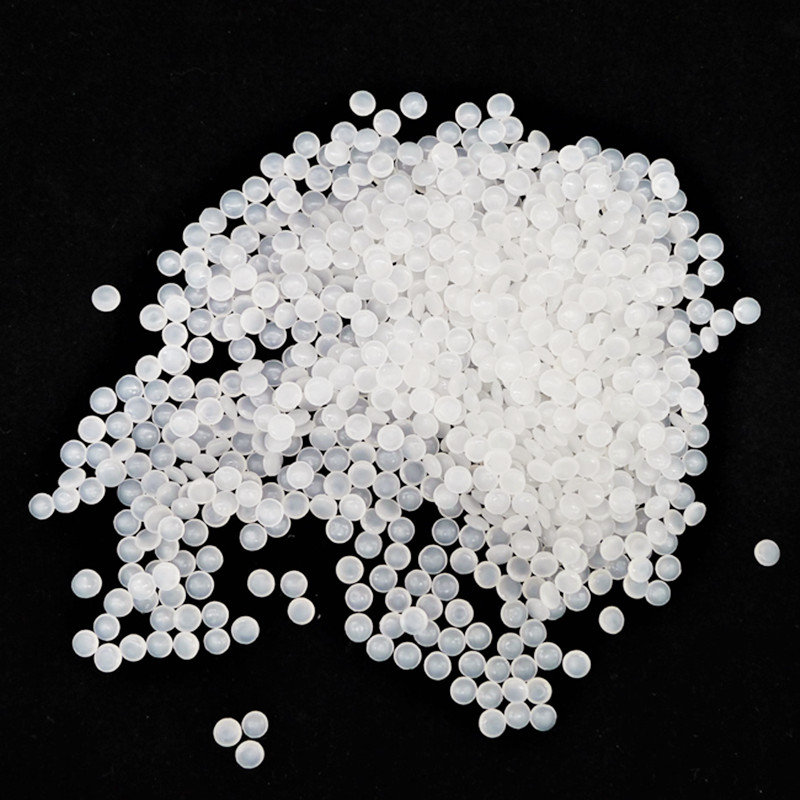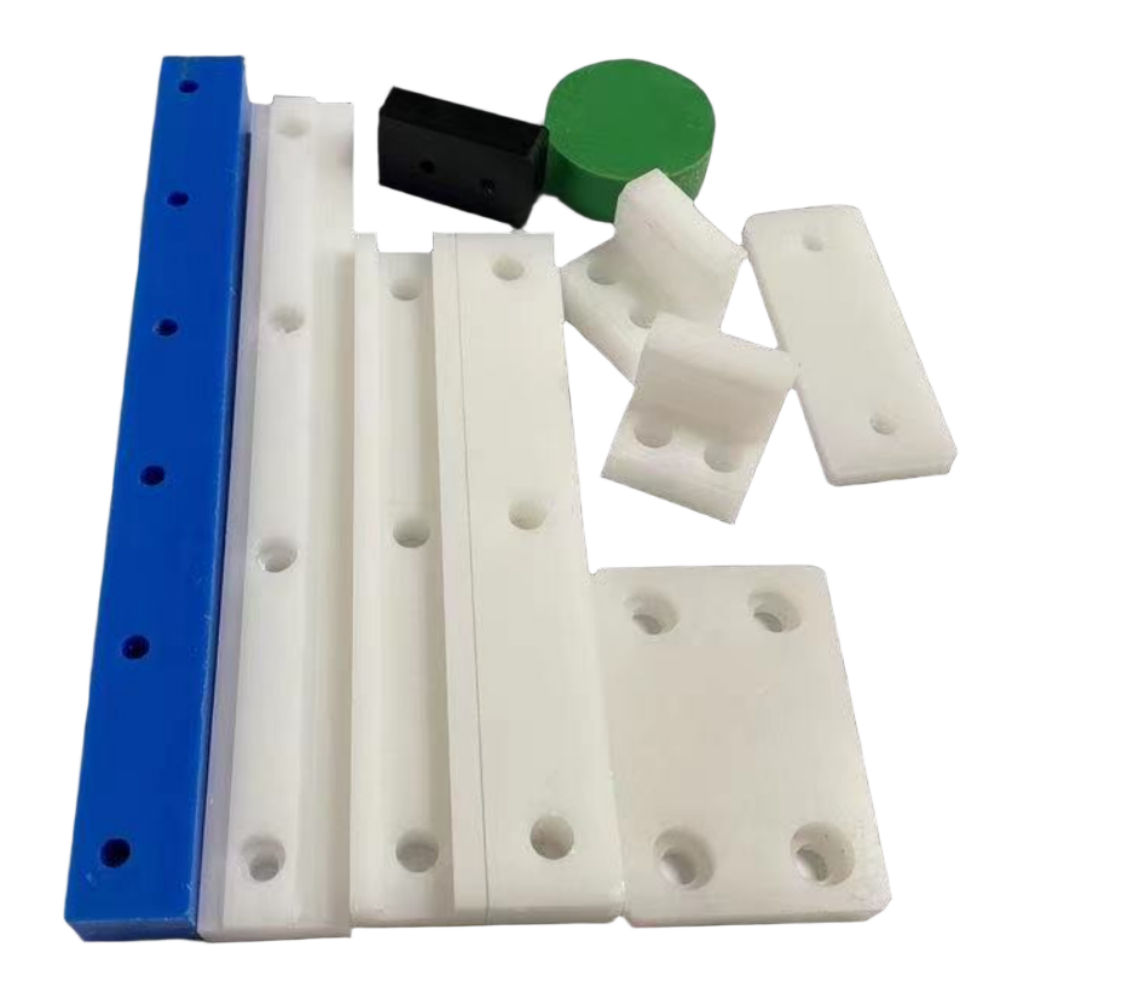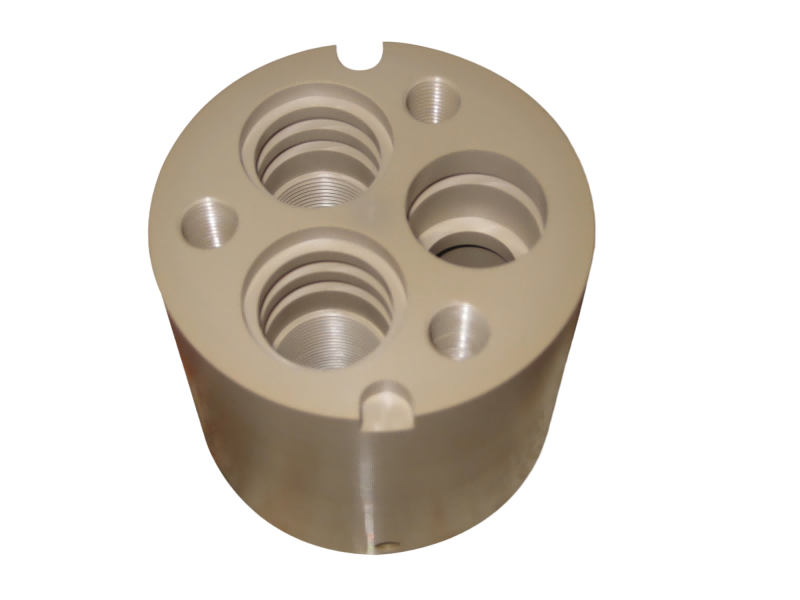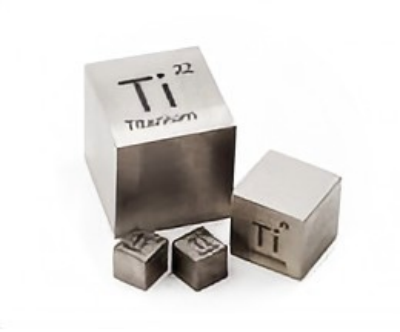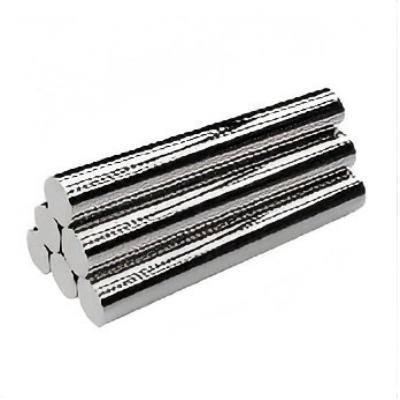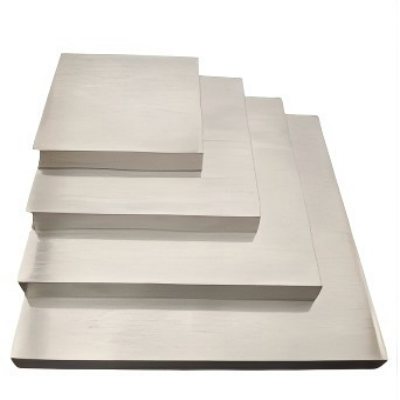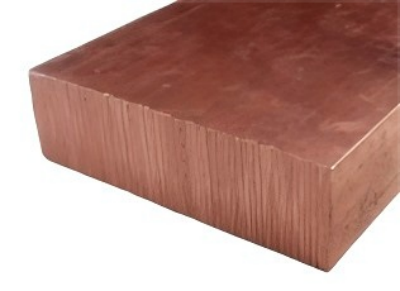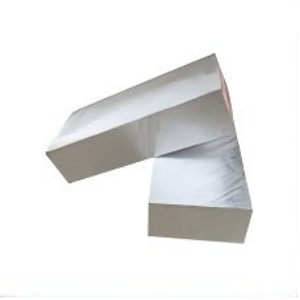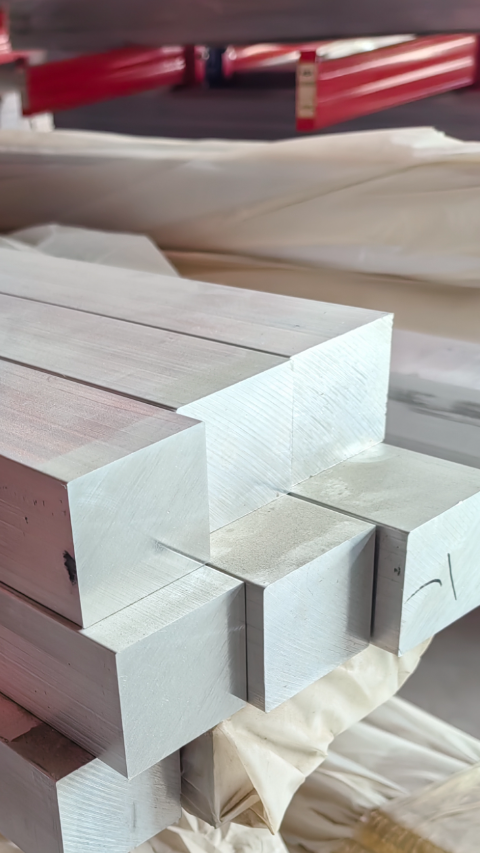Comparison of CNC Machining Materials
The information contained herein is typical values intended for reference and comparison only. They shall NOT be used as a basis for design specifications or quality control.
LDPE
Corrosion Resistance, Toughness, Electrical Insulation
Low-Density Polyethylene (LDPE) is lighter than water, soft and tough, with excellent acid and alkali resistance as well as electrical insulation properties. It is widely used in fields such as packaging, agriculture, electronics, and daily necessities.
HDPE
Corrosion Resistance, Strength, Electrical Insulation
High-Density Polyethylene (HDPE) is a lightweight, chemically resistant, and high-strength material. It is flexible and tough, commonly used in applications such as food packaging (e.g., food containers), agricultural films, daily necessities (e.g., storage boxes), and water tanks.
PET
Corrosion Resistance, Strength, High Transparency, Processability
PET (polyethylene terephthalate) is a common thermoplastic polyester with excellent mechanical properties and strong chemical resistance. It also offers glass-like transparency and luster, with a high light transmittance of about 88–92%, and is widely used in beverage bottles, food packaging, and engineering plastics.
PEEK
Corrosion Resistance, Strength, Temperature Resistant
PEEK (Polyetheretherketone) is a top-performing thermoplastic engineering plastic, featuring excellent high-temperature resistance, robust mechanical properties, versatile corrosion resistance, top-tier biocompatibility, exceptional dimensional stability, and outstanding electrical insulation and radiation resistance. It is widely used in high-end fields such as aerospace, high-end medical care, and electronic semiconductors.
Titanium
Heat Resistance, Corrosion Resistance, Strength
Titanium alloys are high-performance materials that combine exceptional strength, a superior strength-to-weight ratio, outstanding corrosion resistance, high-temperature stability, and excellent biocompatibility. While costlier and more difficult to process than steels or aluminum alloys, their unique advantages—high strength, light weight, and durability in extreme environments—make them indispensable in aerospace, advanced medical, and deep-sea applications, where performance takes priority over cost.
Stainless Steel(17-4 PH)
Corrosion Resistance, Strength
Stainless Steel 17-4PH is a high-performance martensitic precipitation hardening stainless steel, featuring excellent corrosion resistance and high strength, making it suitable for a wide range of industrial applications. Its chemical composition and physical properties enable its extensive use in fields such as aerospace, chemical engineering, marine engineering, food processing, and nuclear industry. Through appropriate heat treatment processes, its mechanical properties and corrosion resistance can be further optimized.
Stainless Steel 316
Corrosion Resistance, Machinability
Stainless steel 316 combines exceptional corrosion resistance with excellent machinability. This unique balance of “high corrosion resistance + ease of processing” makes it a material of choice for applications demanding the highest levels of reliability. It is widely employed in fields such as chemical processing, food production, and marine engineering, where it consistently meets stringent performance requirements across diverse operating conditions.
Copper C101
Durability, Thermal Conductivity, Conductivity
C101 copper, also known as HC copper (High Conductivity Copper) or more precisely, high-conductivity copper, has a nominal electrical conductivity of 100% IACS (International Annealed Copper Standard)—a benchmark level for conductive performance. It also features excellent high thermal conductivity, making it the preferred material for various electrical components (such as terminals) and conductors (such as power transmission busbars).
Furthermore, this material possesses high ductility (enabling easy complex forming processes like stretching and bending) and reliable impact resistance. While meeting the requirements for electrical performance, it can also accommodate the structural stability demands of mechanical processing and practical operating conditions, making it truly a high-quality copper material that combines multi-functional properties with practical value.AL7075
Corrosion Resistance, Strength
Aluminum 7075 alloy is a high-strength wrought alloy with zinc as its primary alloying element. It exhibits excellent mechanical properties, characterized by outstanding strength, toughness, and fatigue resistance. In addition, compared with most aluminum alloys, it demonstrates superior corrosion resistance, which makes it widely used in aerospace and other fields where lightweight structures and comprehensive performance are critically required.
AL6061
Corrosion Resistance, Economical, Machinability
As a versatile and widely used metallic material,aluminum 6061 alloy is well-known in the industrial field for its excellent mechanical properties and outstanding weldability. The designations “T6” and “T651,” as typical temper conditions of this alloy, correspond to specific heat treatment processes: the T6 process achieves strength enhancement through solution treatment followed by artificial aging, while the T651 process adds a pre-stretching deformation step on this basis to optimize residual stress distribution. The combined effect of these two processes significantly improves the material’s mechanical properties and effectively eliminates internal stresses. Owing to their comprehensive advantages in strength, processability, and corrosion resistance, 6061-T6 and 6061-T651 aluminum alloys are highly favored in fields such as aerospace structural components, automotive parts, shipbuilding, and general machinery processing, emerging as key foundational materials supporting modern industrial manufacturing.

